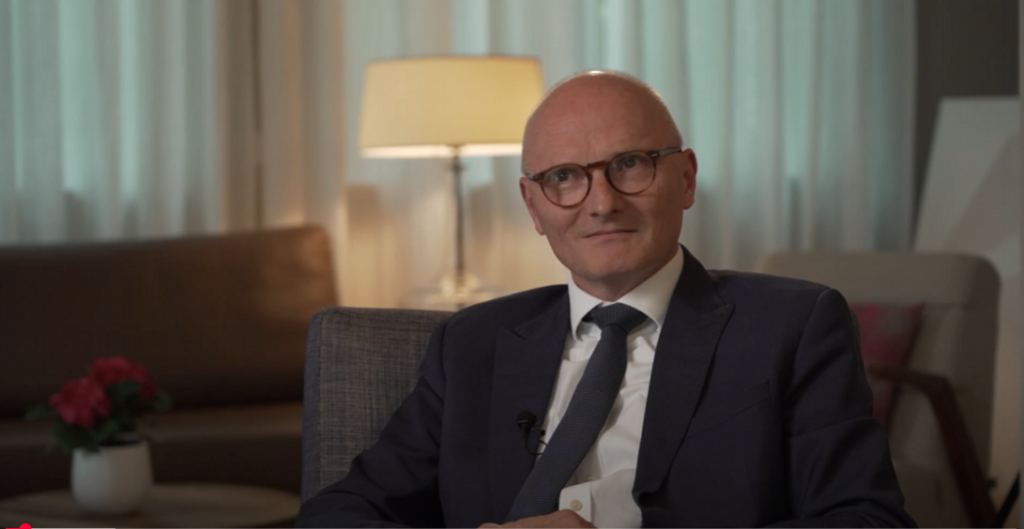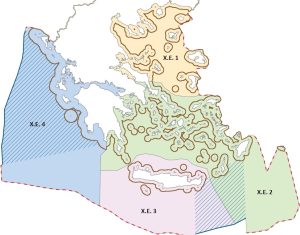A more-or-less annual “rite” of announcing spending programs and benefits before early September’s Thessaloniki International Fair (TIF), the venue where Greek prime ministers give their state-of-the-economy address and reiterate policy directions, continued this week, with the Greek government on Thursday unveiling a plan to attract and maintain physicians in so-called “problematic” or remote regions.
Blessed with numerous islands in the Aegean and Ionian Seas and mountain ranges on the mainland, one “downside” of this geography is that centralized healthcare structures are often insufficient. Another significant parameter is the fact that roughly half of the country’s approximately 10 million residents live in the greater Athens-Piraeus area, with another one million or so in the greater Thessaloniki region.
Thursday’s announcement was made by Prime Minister Kyriakos Mitsotakis himself, days before he gives the annual address at the Thessaloniki International Fair (TIF), followed the next day by a wide-ranging press conference to local and international reporters.
According to Mitsotakis, an extra benefit will be paid – depending on the category of a region in which the physician will serve – with the former beginning at 200 euros for specific medical specialties, and reaching up to 600 euros per month.
“In two days I’ll be at the TIF podium, where I’ll have the opportunity to present specific measures and policies…” he said, referring to the joint ministerial decision that was signed today and will funnel more money into the pockets of physicians serving in state healthcare units in remote and “problematic” areas – i.e. islands and remote mainland regions.



